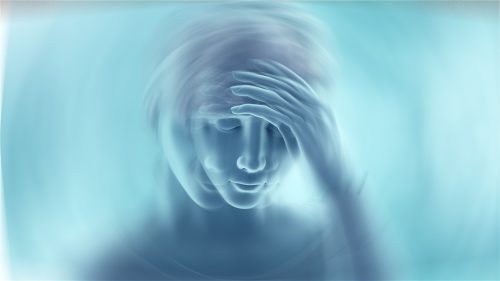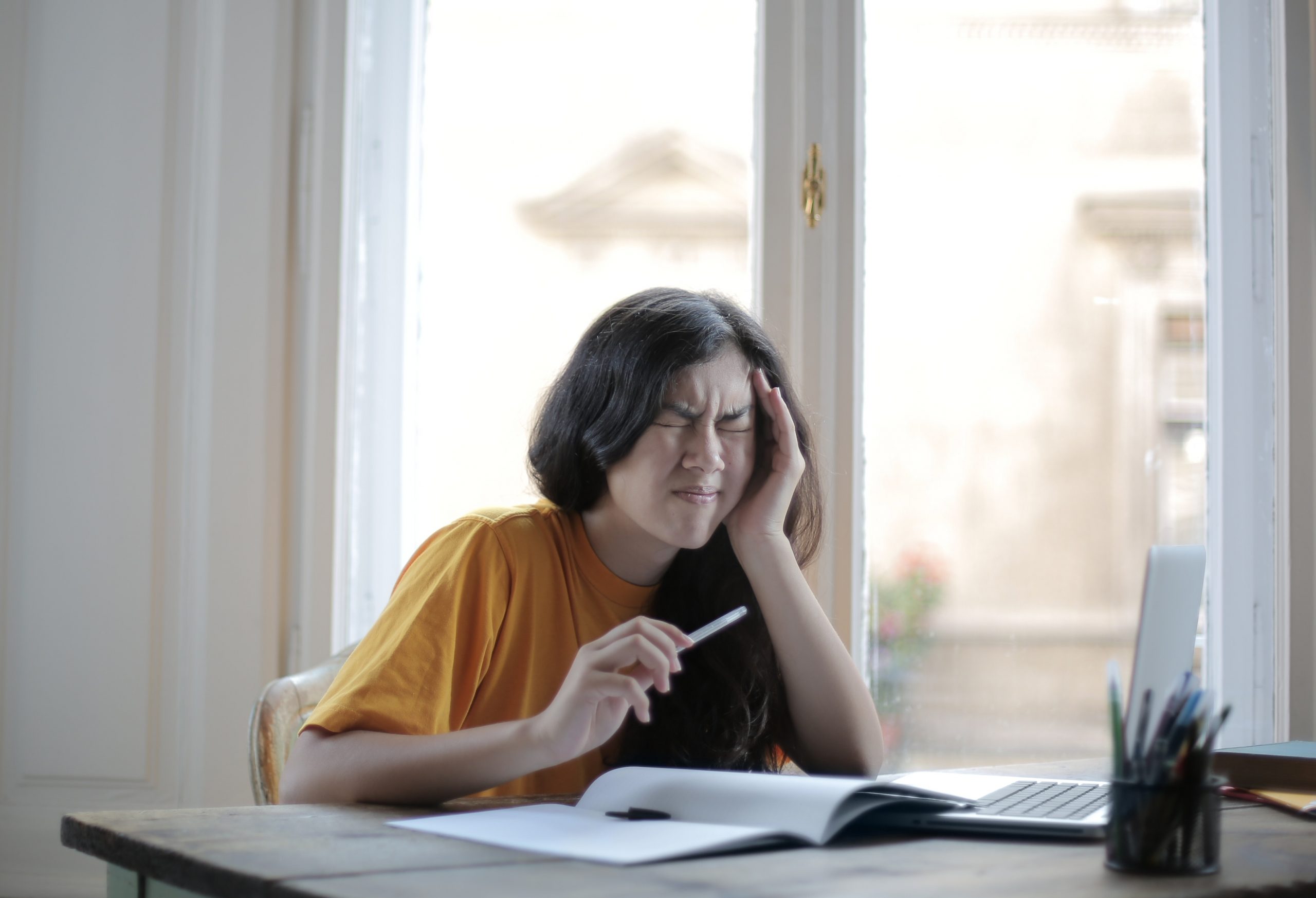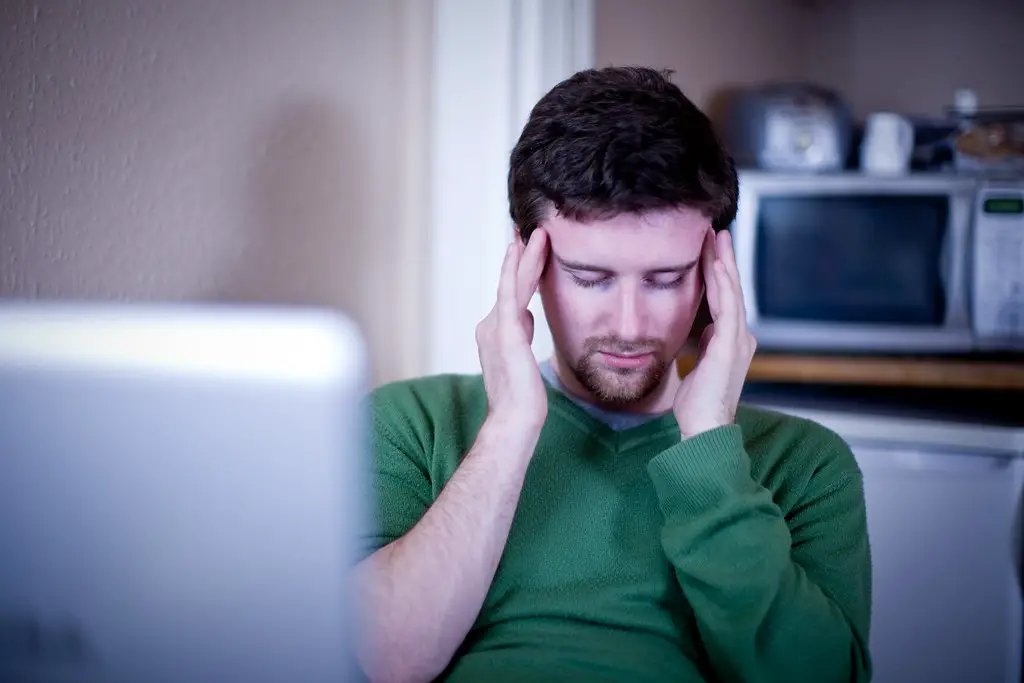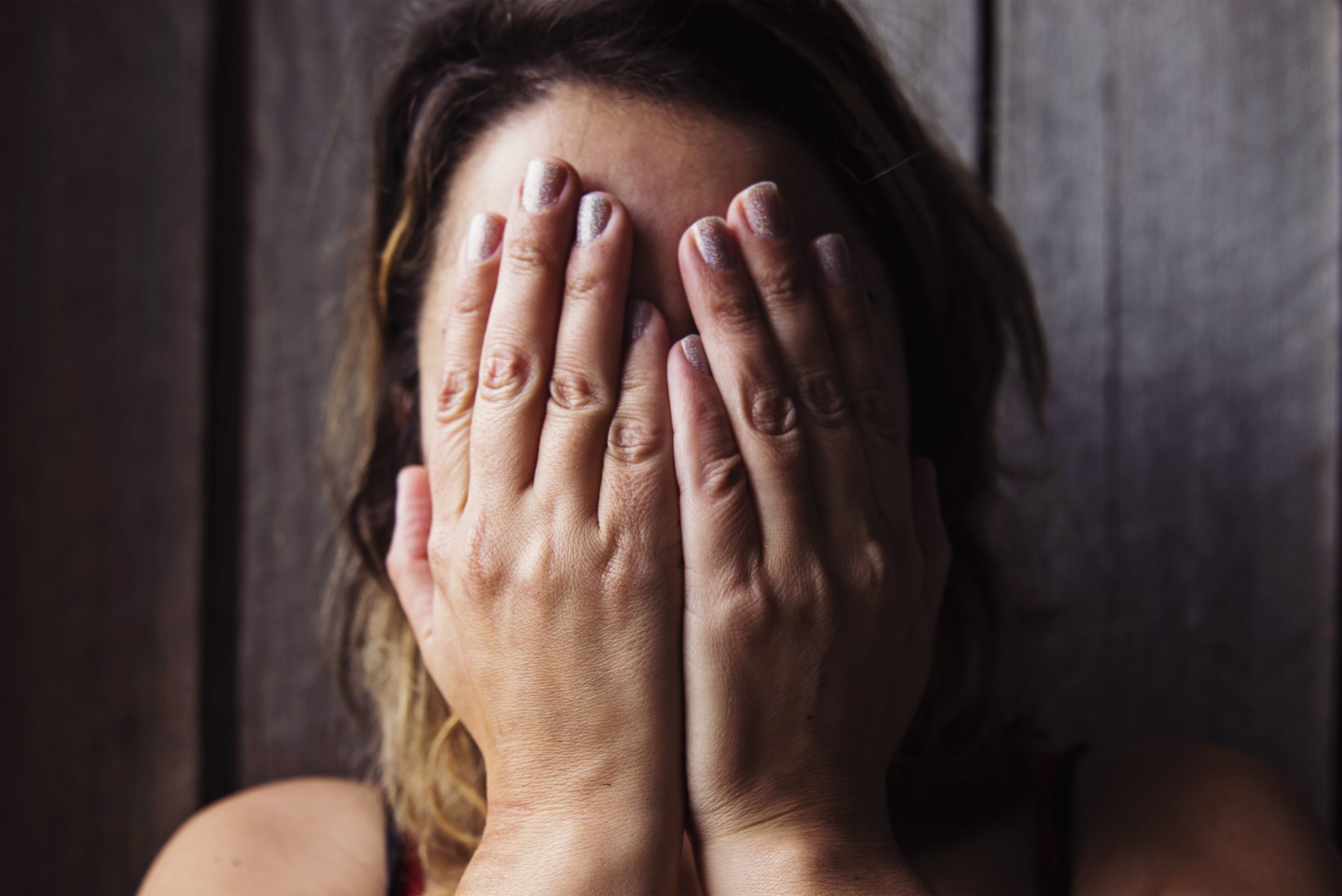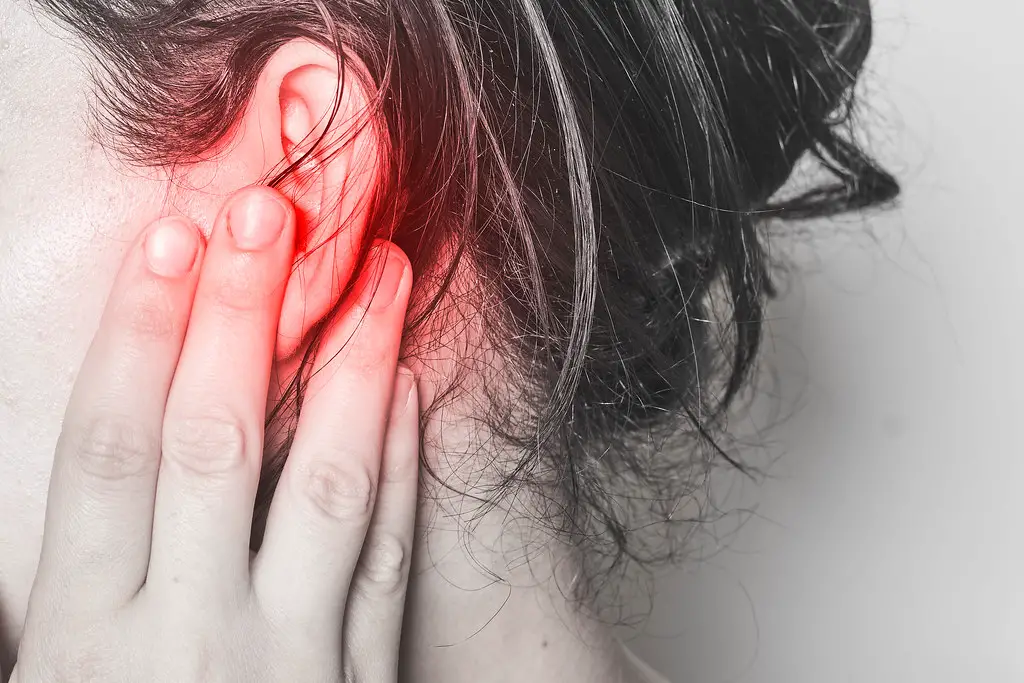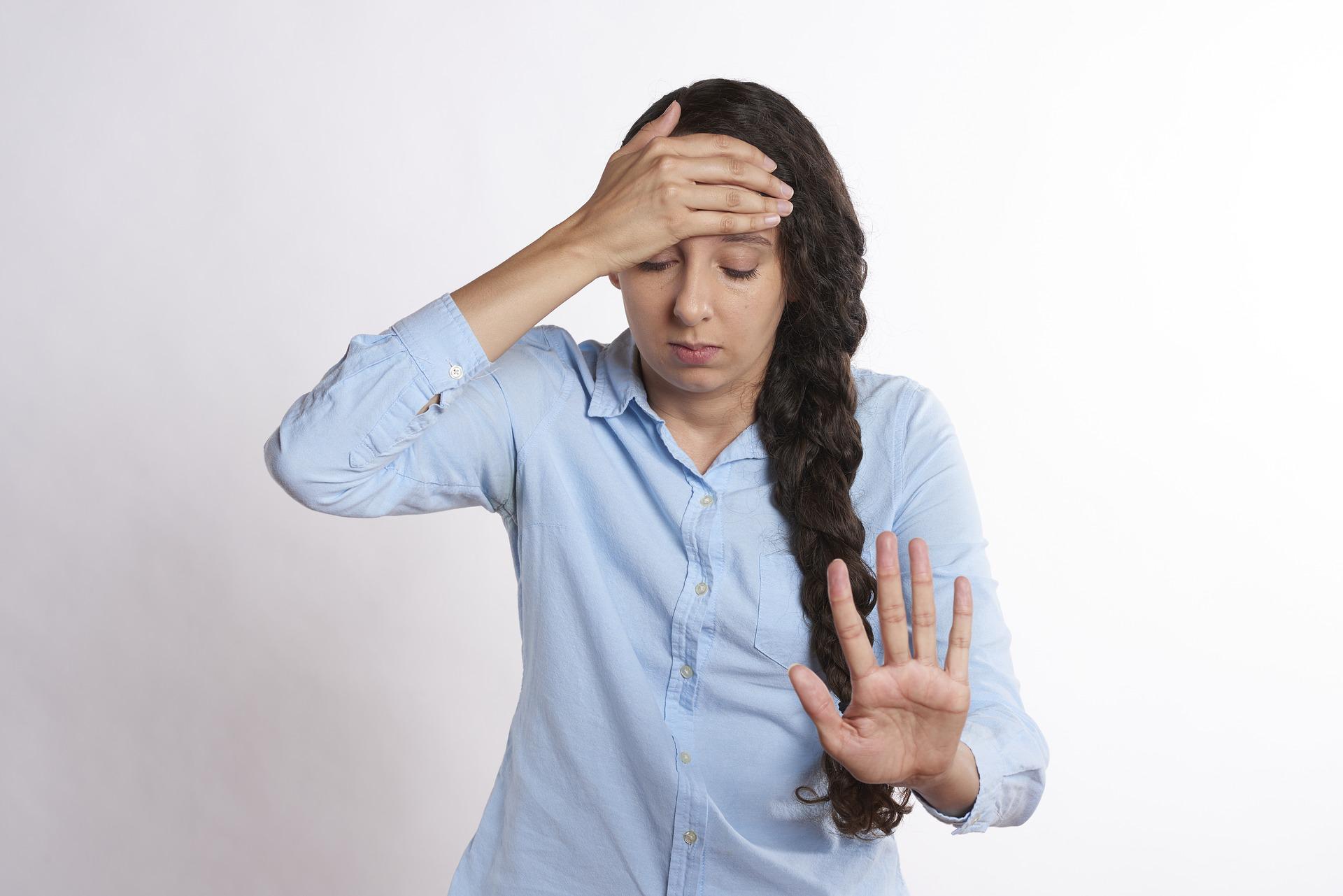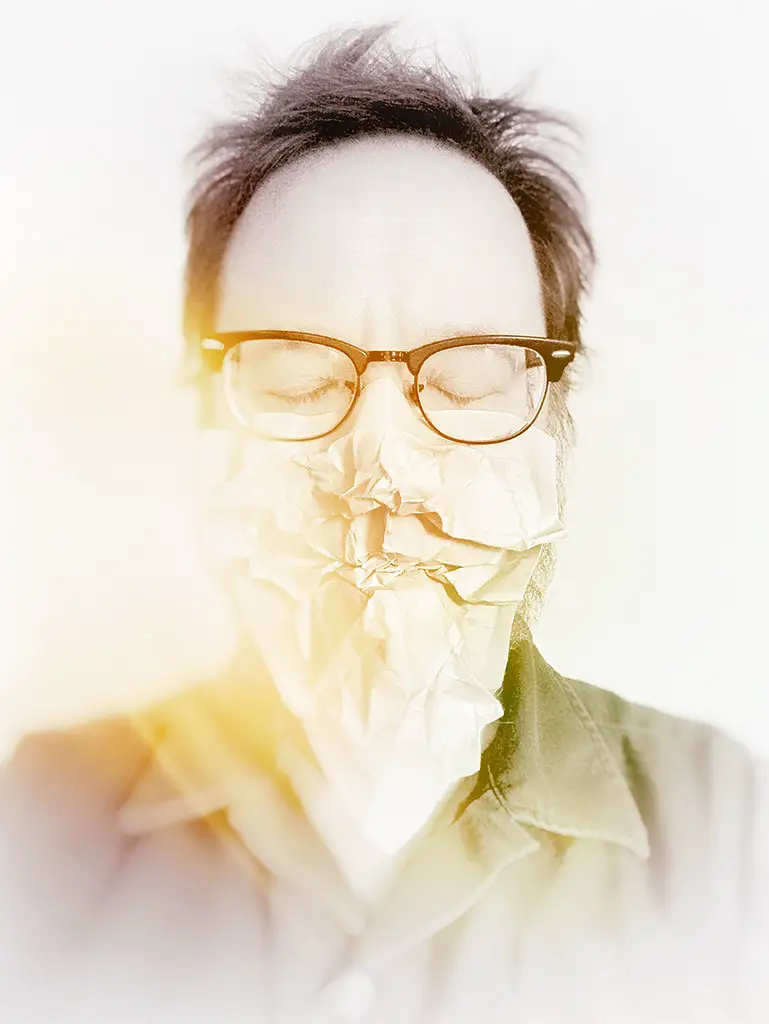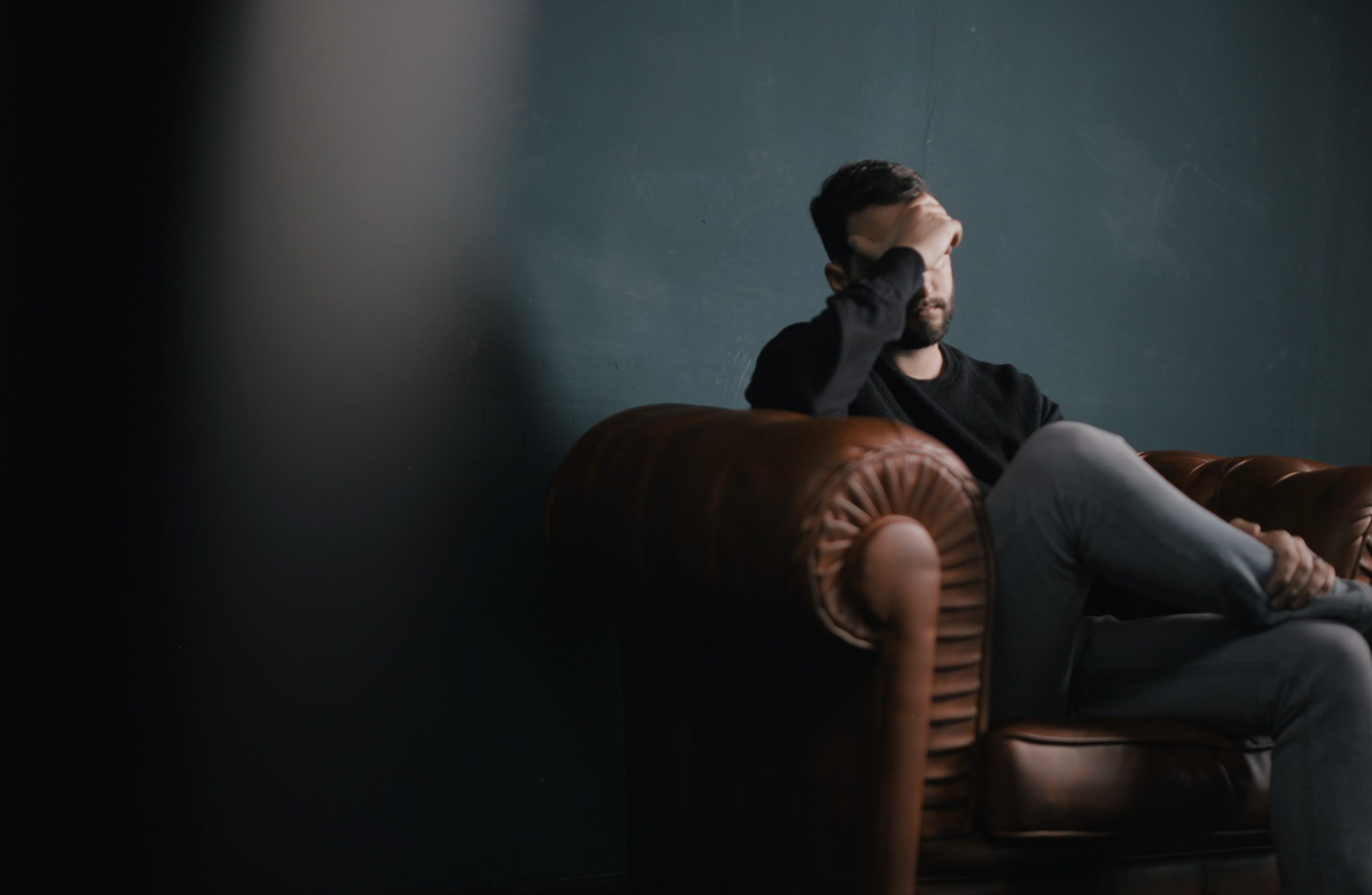Do you often feel dizzy and unsteady? Do you have pains cervical that don't go away? If so, you may be wondering if there is a connection between loss of balance and cervical.
The answer is yes, there is a strong association between these two problems. In this article, we'll explore the link between vertigo and neck pain, and discuss why it's so important to treat both issues simultaneously.
Cervical Spine Anatomy
La cervical spine is composed of seven vertebrae, designated by the letters C1 to C7. These vertebrae are stacked on top of each other and each of them has a hole in the middle that allows the spinal cord to go past.
Between each vertebrate there is a disc, which acts as a shock absorber. The discs are made up of a gelatinous substance called the nucleus pulposus, surrounded by a tough outer layer called the annulus fibrosus.
The discs allow the spine to move and act as a shock absorber when we walk or run. At the bottom of the spine is a triangular bone called the sacrum, which helps support the weight of your upper body.
Definition of the human balance system
Le système bybalanced human is a complex network of sensory organs and muscles that work together to maintain the balance. The three main components of the system balance are the eyes, the inner ear and the body's sense of proprioception.
The eyes are responsible for detecting visual cues in the environment and transmitting this information to the brain. The inner ear, or vestibular system, is responsible for detecting changes in position and movement of the head. The proprioceptive system, which includes receptors in muscles, joints, and skin, provides information about the body's position in space.
All of this information is processed by the brain and integrated with other sensory information to produce a sentiment balance. This process is constantly taking place unconsciously, but we are also able to consciously control our balanced.
For example, when we stand up, our brain uses input from our eyes, inner ears, and proprioceptive system to automatically adjust our muscle tone and keep us upright.
Le système balance amazing human, but he's not perfect. Age, illness, injury and certain medications can all cause problems balance. When one or more components of the système balance not working properly, this can lead to dizziness, vertigo or even falls.
Causes of loss of balance
La perte balance can have many causes, ranging from inner ear infections to neurological disorders. Here are 10 possible causes of imbalance :
- Benign paroxysmal positional vertigo (BPPV) is a condition that occurs when tiny calcium crystals become dislodged in the inner ear and interfere with the normal functioning of the vestibular system.
- Labyrinthitis is an infection of the inner ear that can cause dizziness, as well as hearing loss and ringing in the ears (tinnitus).
- Meniere's disease is a disorder of the inner ear that can cause loss balance, as well as vertigo, tinnitus and hearing loss.
- Vestibular neuritis is an inflammation of the vestibular nerve, which is responsible for transmitting information about balance and movement from the inner ear to the brain.
- Migraines are a common cause of dizziness and imbalance.
- La multiple sclerosis (MS) is a chronic autoimmune disease that can damage the nerves responsible for balance and movement control.
- Parkinson's disease is a degenerative neurological disorder that can lead to difficulties with balance and coordination.
- Strokes (CVAs) or Transient Ischemic Attacks (TIAs), which result in a temporary interruption of blood flow to the brain, can cause dizziness, confusion, and imbalance.
- Cerebral palsy is a congenital condition that affects muscle coordination and can lead to balance and stability issues.
- Alcohol poisoning can cause visual disturbances, coordination and balance, leading to loss of control and increased risk of falling.
- Neck pain is a possible cause of dizziness and imbalance.
What is the link between loss of balance and cervical ?
The neck is home to the vestibular system, which can be irritated or damaged by conditions such as whiplash, herniated disc and cervical spondylosis. The vestibular system is responsible for retention de the balance and stability. It does this by sending information about the position and movements of the head to the brain.
This information is used to help coordinate movement and maintain the balance from the body. The pain cervical may interfere with the normal operation of the système vestibular. This can lead to dizziness, lightheadedness and difficulty keeping the balance. In some cases, pain cervical may be caused by a problem with the vestibular system itself. However, it is more likely that pain cervical are simply a symptom of another underlying condition.
Complications of loss of balance
La perte balance can lead to a number of complications, including falls, broken bones, and even head trauma. Furthermore, the perte balance can make it difficult to perform daily activities, such as cooking or cleaning.
La perte balance can also be a source of anxiety and isolation, as people may be afraid to leave their homes for fear of falling. The unrest de the balance may also cause dizziness, nausea and vomiting. If you experience any of these symptoms, it's important to get an accurate diagnosis right from the start. Prompt treatment avoids many of the complications associated with perte balance.
Loss of balance and cervical : What to do ?
As you age, it is not uncommon to experience a perte balance. This can be due to many different factors, including inner ear problems, vision problems, and muscle weakness. Although a perte balance can be frustrating, there are ways to manage it. Here are five solutions:
- Acupuncture : This traditional Chinese therapy involves inserting fine needles into specific points on the body. Acupuncture is said to help treat a variety of problems, including perte balance.
- Grandma's remedies : It's not for nothing that old wives' tales are transmitted from generation to generation: they are effective! In case of perte balance, try drinking ginger tea or eating foods rich in vitamin C such as oranges and grapefruit.
- Physiotherapy (physiotherapy): A physiotherapist can help you improve your balanced by developing a tailor-made exercise program. This can include activities such as tai chi or yoga, as well as certain neck-friendly exercises (if the perte balance is cervical).
- Use assistive devices: If you find that you are constantly losing the balance, consider using an assistive device such as a cane or walker. They can help keep you stable on your feet and prevent falls.
- Wear the right shoes: One of the best ways to avoid a fall is to be careful on slippery surfaces like tile and polished floors. Wear shoes with good grip and take your time when walking on slippery surfaces.
By following these tips, you can help prevent falls and live an active, independent life despite a perte balance. Do not hesitate to consult for appropriate support.

